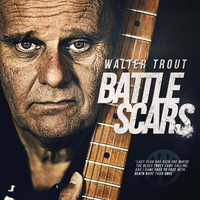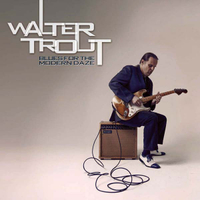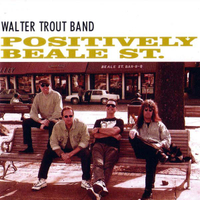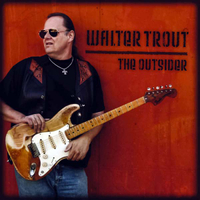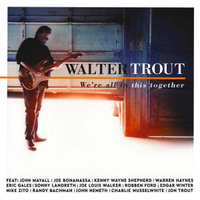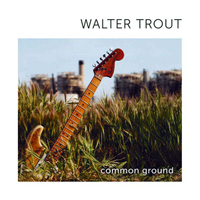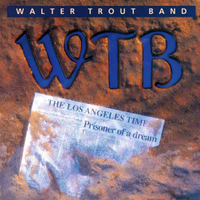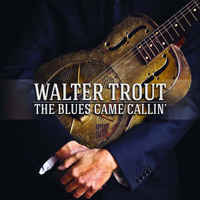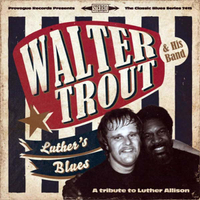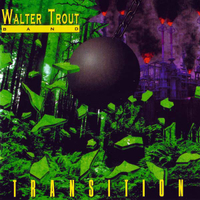Back in 2014, I was co-writing Walter Trout’s official biography, and watching my subject die of liver failure. Even when he was facing death, Trout took comfort from the studio catalogue he would leave behind, aware of the irony that the excesses that were killing him had also made his life’s work utterly compelling.
“My liver is fried by heroin and alcohol,” he noted. “But I feel like I’m able to put some feeling, emotion and experience into my music that wouldn’t be there if I’d lived a Disneyland life.”
Trout had done his share of living. Born in 1951, and raised in the seaside idyll of Ocean City, New Jersey, it didn’t take long for the blues to come calling. A traumatic childhood with a psychologically scarred stepfather – plus the formative influence of Bob Dylan, Paul Butterfield, The Beatles and future bandleader John Mayall’s seminal ‘Beano’ album – led him to the guitar, to alcohol, into his first East Coast bands and onto a 1974 trek to seek his fortune in the LA music industry.
Drinking, drugging, and occasionally dealing, the guitarist tumbled through a thousand sideman gigs, backing up everyone from Jesse Ed Davis and John Lee Hooker to Lowell Fulson and Big Mama Thornton. By 1980, his flair for wringing molten soul from his beat-up ’73 Strat saw him drafted into Canned Heat, then into the hallowed lead-guitar spot of John Mayall’s Bluesbreakers. But his personal problems were spiralling, with Trout vomiting out of hotel windows and cooking up freebase in his own filthy underpants – until he finally corked the bottle in 1987.
There are highlights from the sideman period, but the main event is Trout’s solo career since 1989, when he broke out with a guitar style so blazing that blues purists baulked (an early tour T-shirt slogan poked fun at their usual criticism: ‘Too Many Notes, Too Loud’). Bad management and label ructions held Trout back for a time, but after joining forces with his future wife and manager, Marie, and finally conquering the States with 1997’s self-titled breakthrough, you could set your watch by his heartfelt, soul-drenched releases.
Most remarkable, after a last-ditch liver transplant used up what was surely the last of his nine lives, Trout’s catalogue has buzzed with a new-found momentum and purpose. “Every song has a story,” he considers, “and I think my singing and playing are so much more inspired now.”
Walter Trout's new studio album Broken will be released on March 1, 2024.

...and one to avoid
You can trust Louder Our experienced team has worked for some of the biggest brands in music. From testing headphones to reviewing albums, our experts aim to create reviews you can trust. Find out more about how we review.
This guide originally appeared in Classic Rock 266, published in September 2019.

